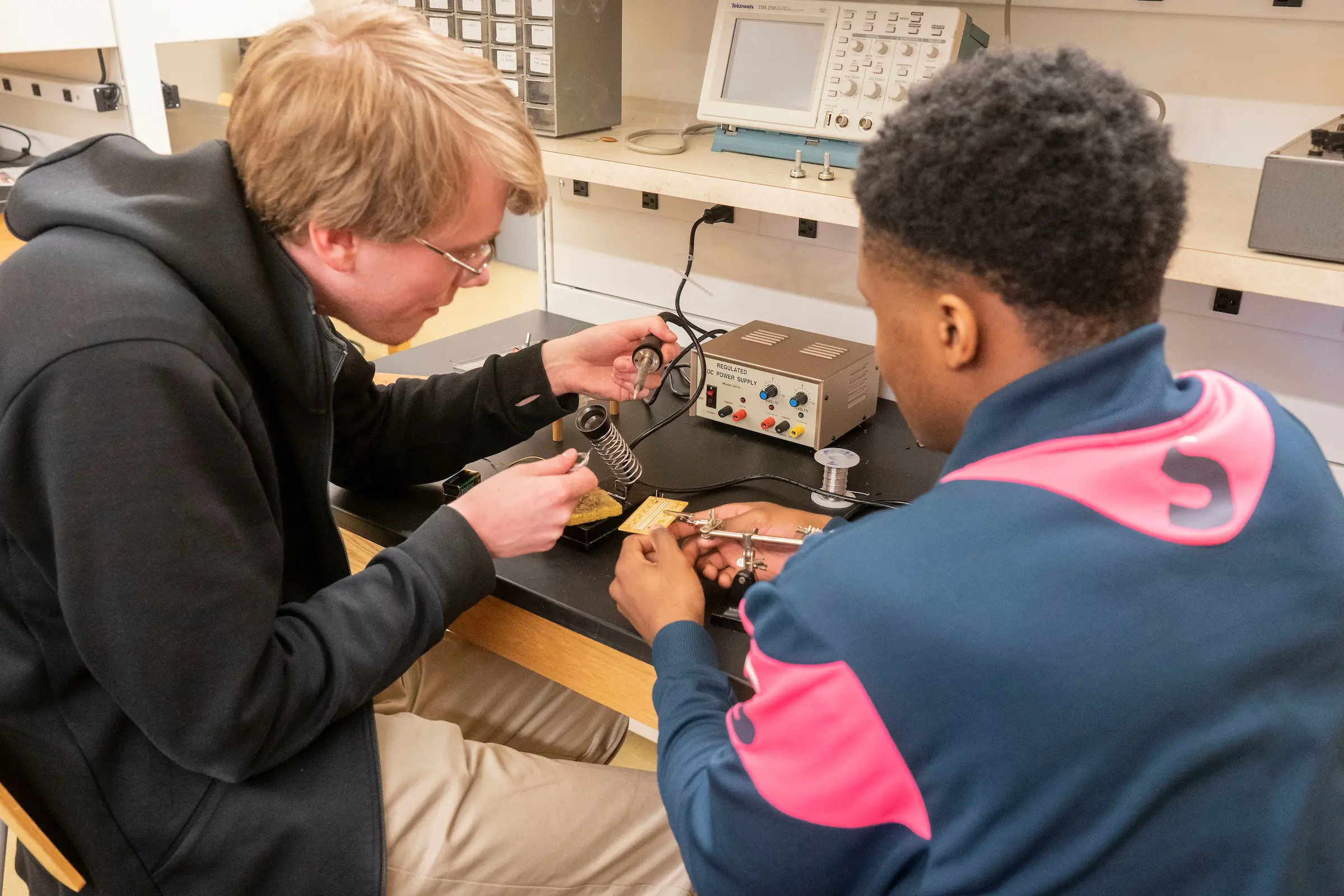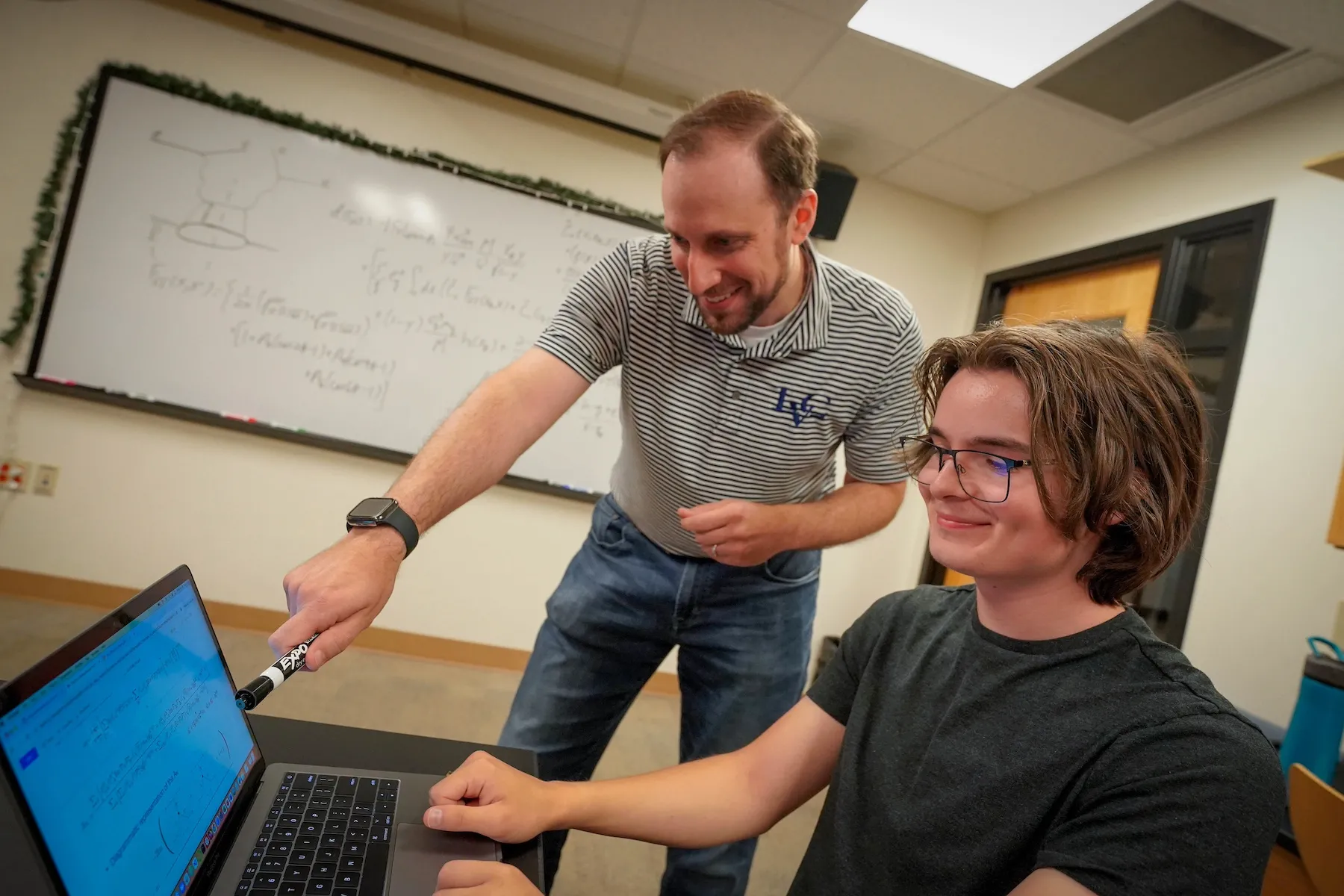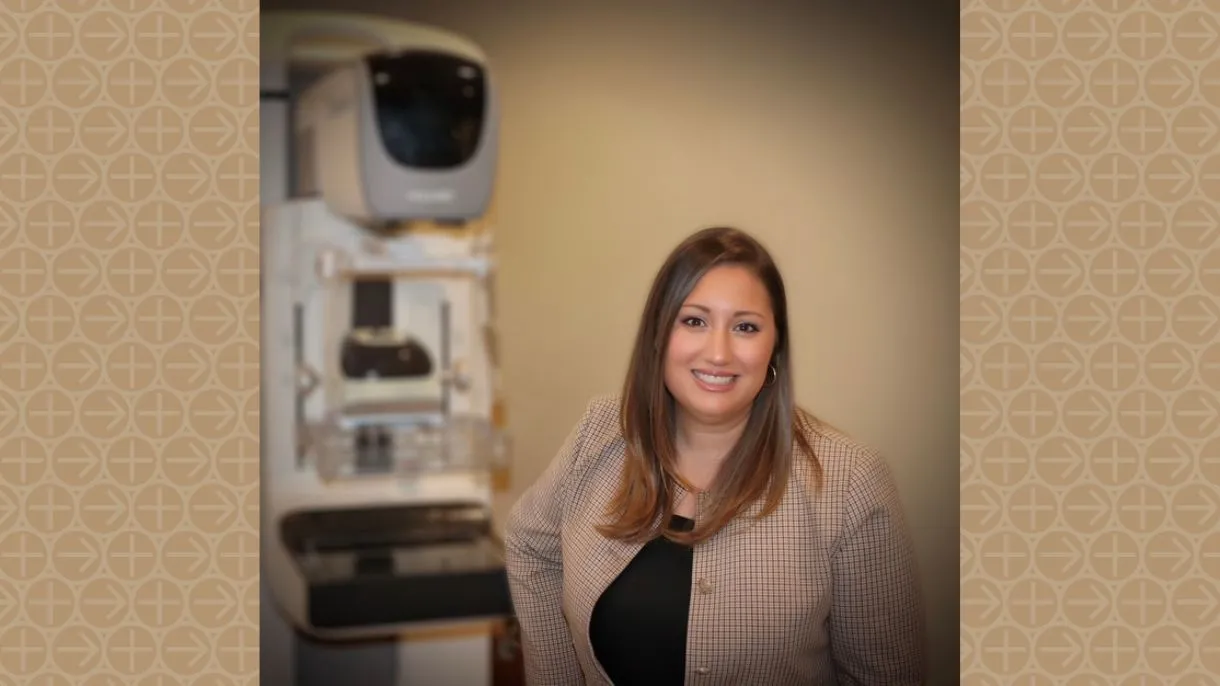

Engineering Physics
Engineering physics merges fundamental physics with the design of engineering systems, processes, and devices. Students will gain the ability to apply basic scientific ideas to real-world problems, acquiring the problem-solving, critical-thinking, and technical communication skills employers seek.
This major is ideal for a student who is strong in mathematics/physics, might be a tinkerer, and has an entrepreneurial spirit—someone curious about how electronics and engineered products work who also cares about the future of the world, improving society, and developing breakthrough solutions.
Learn More About the Program
You’ll learn how to apply the engineering design process to find the best solutions: define a problem, identify constraints and criteria for success, propose solutions, create prototypes, test them, and iterate to get there. You’ll take courses that provide you with fundamental physics knowledge, build your analytical, programming, and experimental capabilities, and allow you to work through self-designed hands-on projects.
Our engineering physics degree will prepare graduates to work at an engineering firm or companies involved in researching, developing, and manufacturing technological devices. The American Institute of Physics notes that among physics bachelor’s hired in the private sector, 35% are employed in engineering fields and another 43% in physics, computer science, or other STEM fields. You’ll also be well prepared for graduate-level study in physics or engineering.
Note that some jobs may require an Engineer-in-Training (EIT) license. Students who are Engineering Physics majors do not qualify to sit for the EIT exam, which requires an ABET-accredited degree. Students can pursue an ABET-accredited degree through the 3+2 Engineering program with Case Western Reserve University or by attending graduate school for engineering.
-
Aerospace Engineer
-
Electronics Engineer
-
Materials Engineer
-
Physicist
-
Product Engineer
-
Research Scientist
-
Electrical Engineer
-
Industrial Engineer
-
Nuclear Engineer
-
Process Engineer
-
Quality Assurance Engineer
-
Systems Design Engineer






